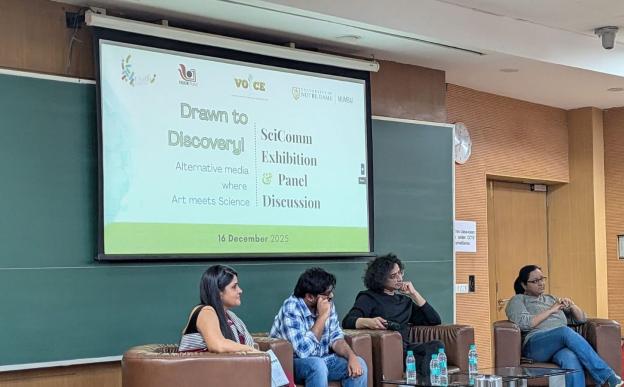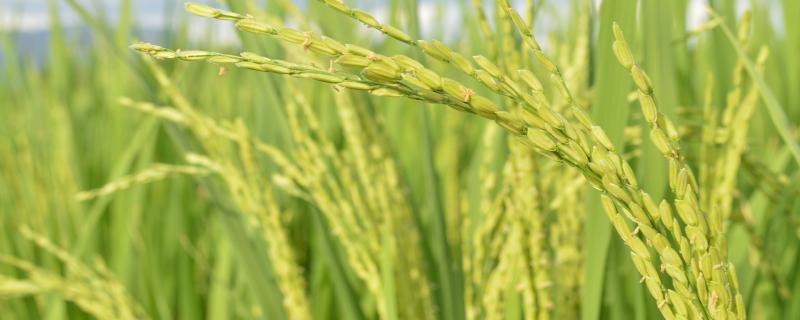Among all the calamities caused by climate change, an increase in the salinity of the soil is one. It is projected that, by 2050, about half of today’s arable land across the world will be affected by salinity. This increase would also hit India’s rice bowl, the Indo-Gangetic plains, which is projected to lose about 45% of the crop yield. When salinity increases, plants respond by absorbing less water, which affects their growth. How then do we help agriculturally vital crops cope with high salinity?
The Indian Institute of Science Education and Research (IISER) Pune on Tuesday launched the VOICE Fellowship 2025
Pune/


